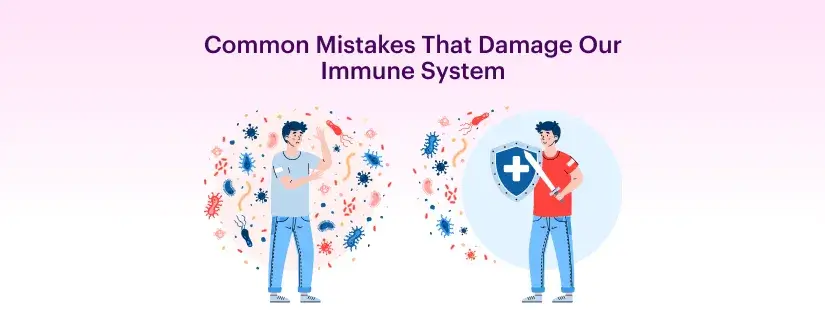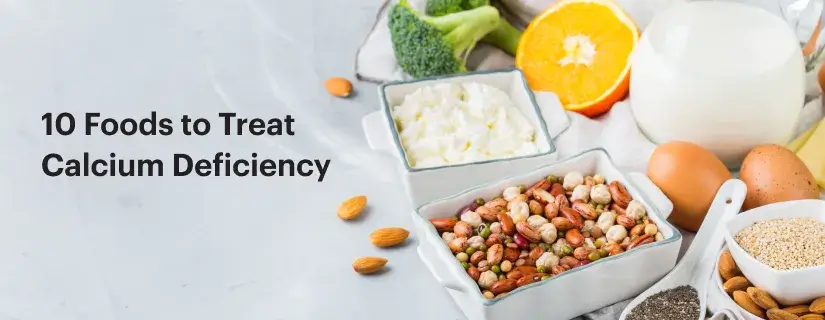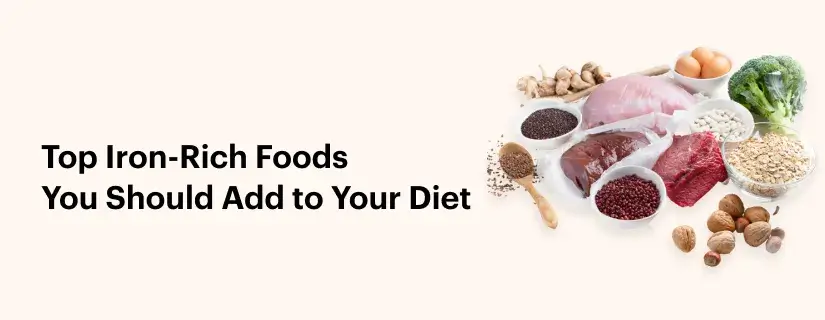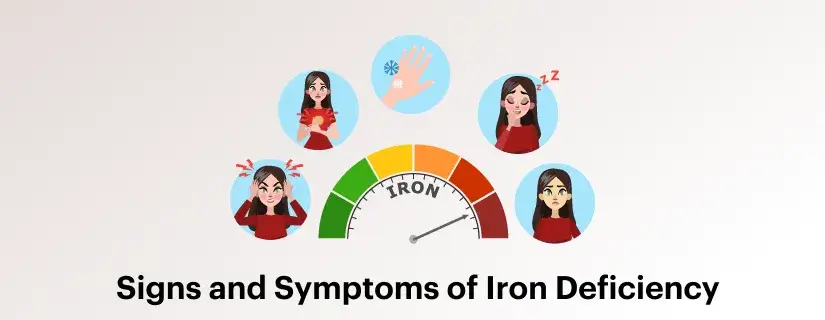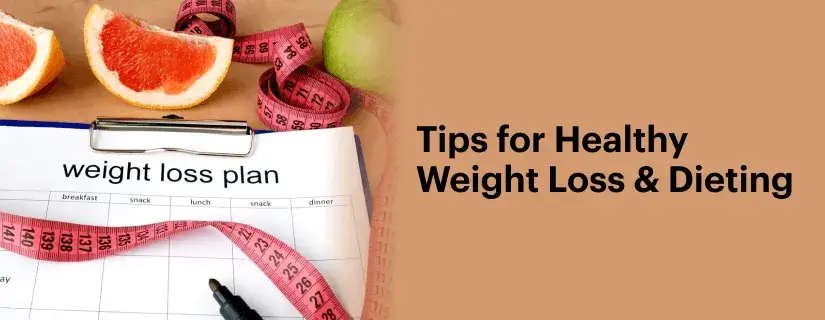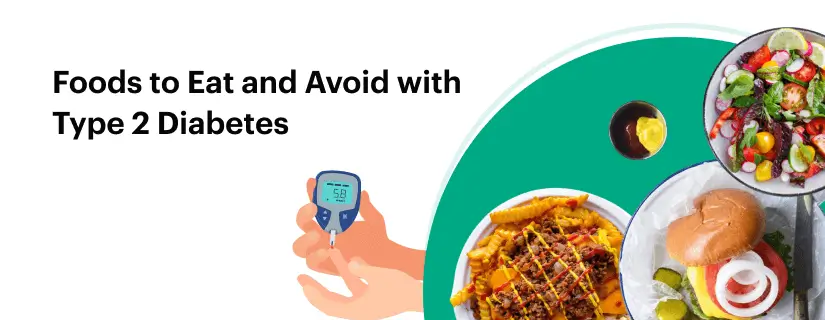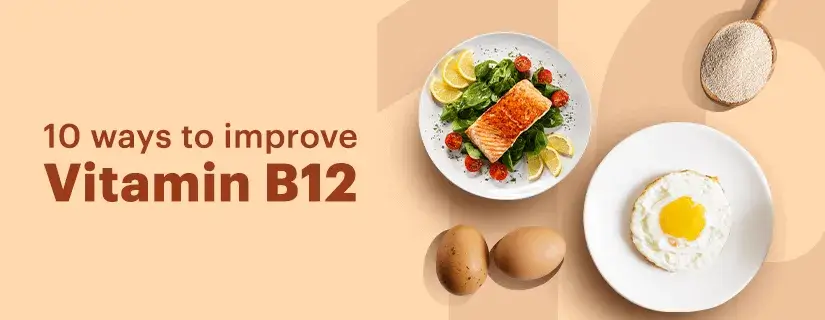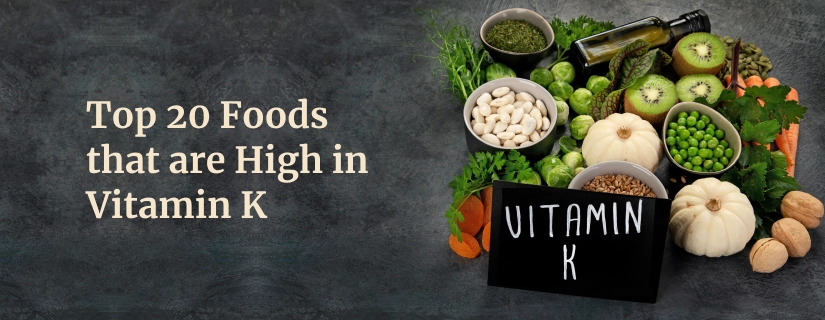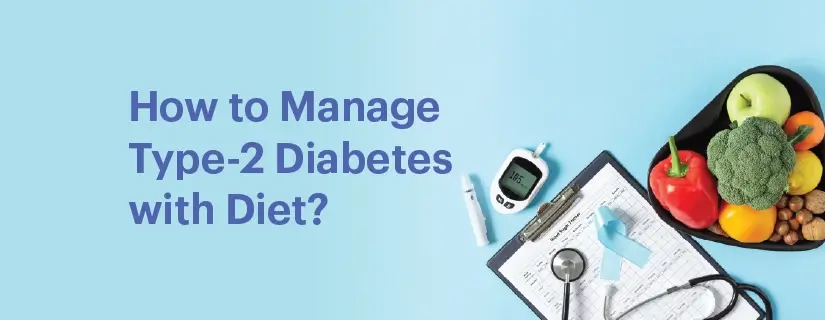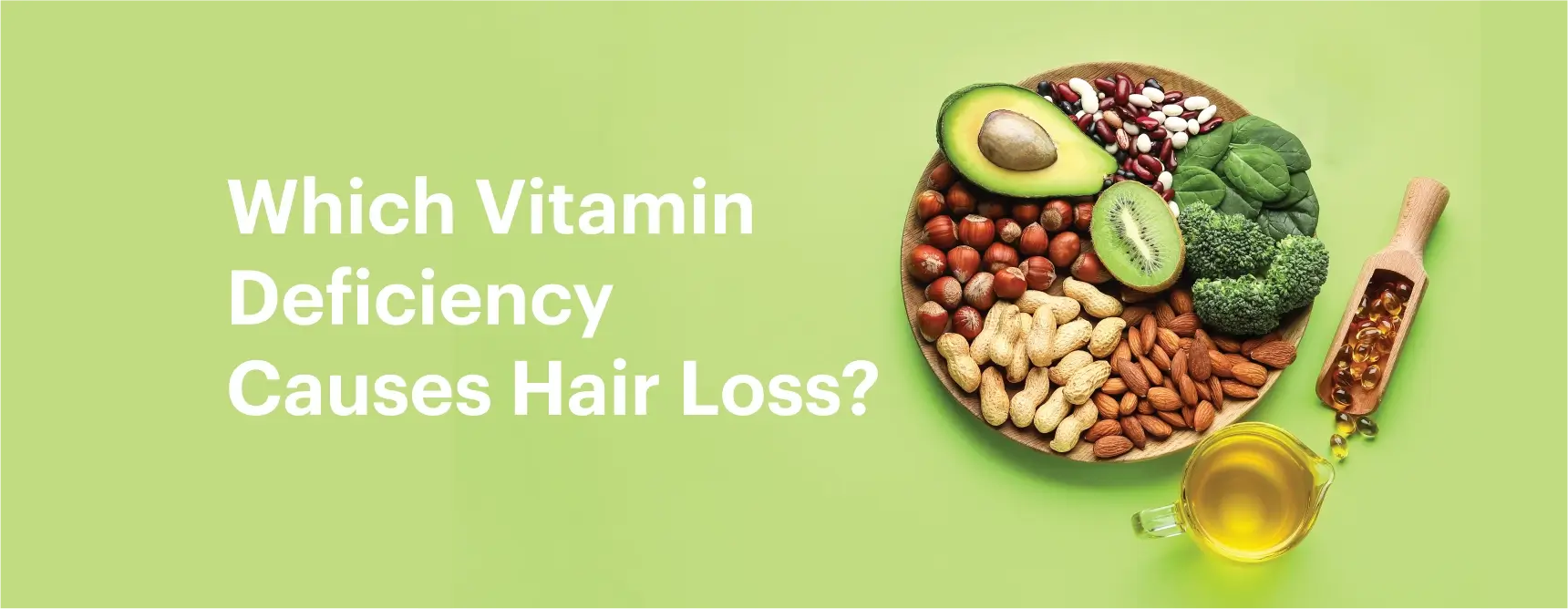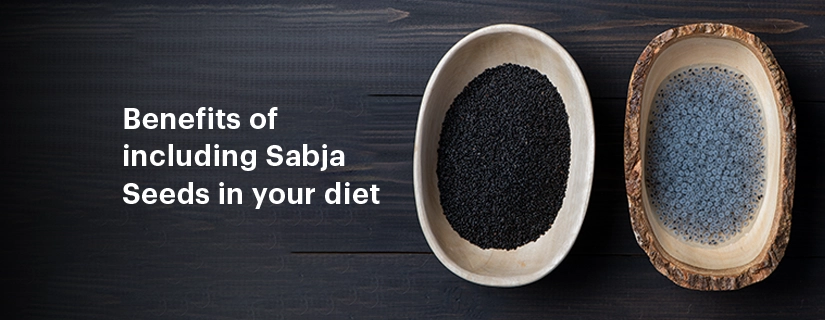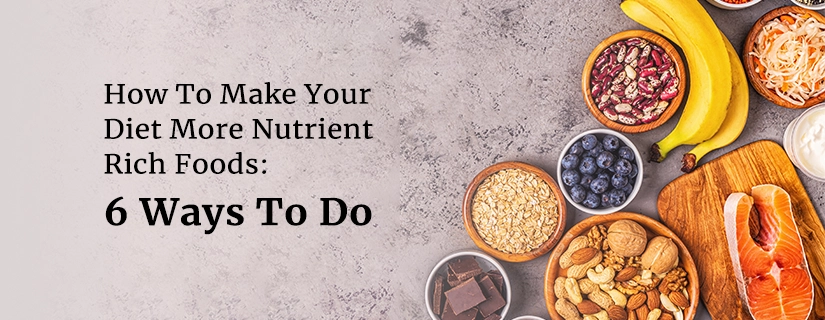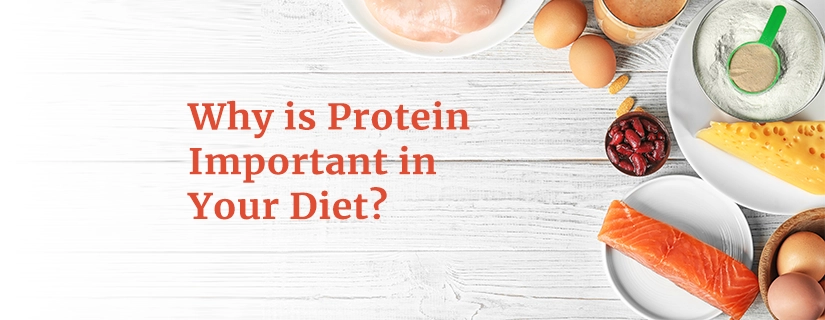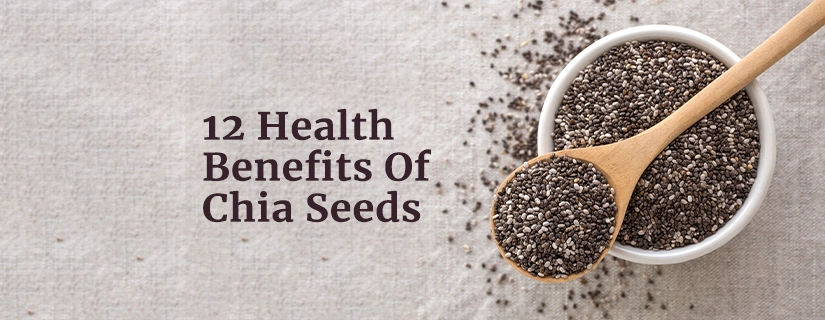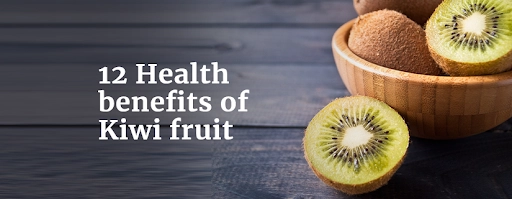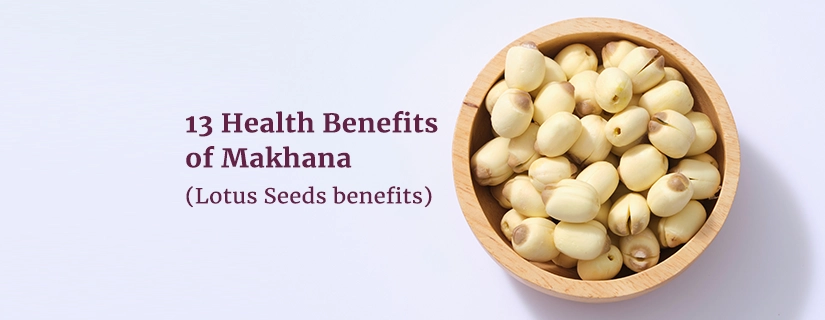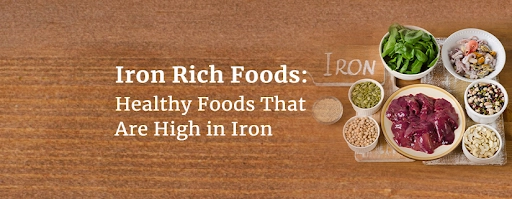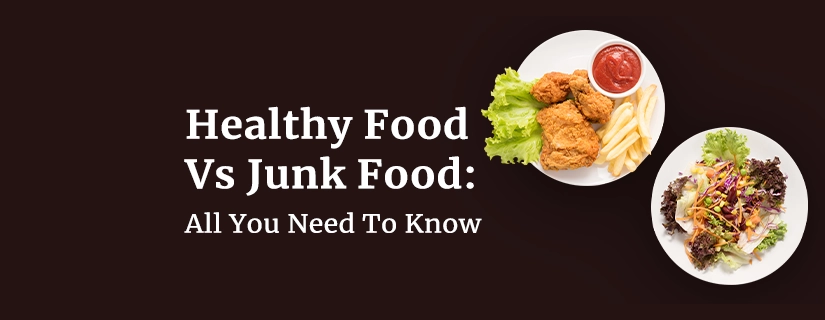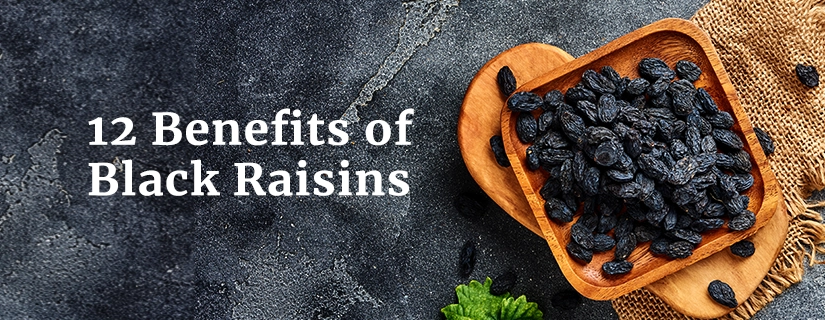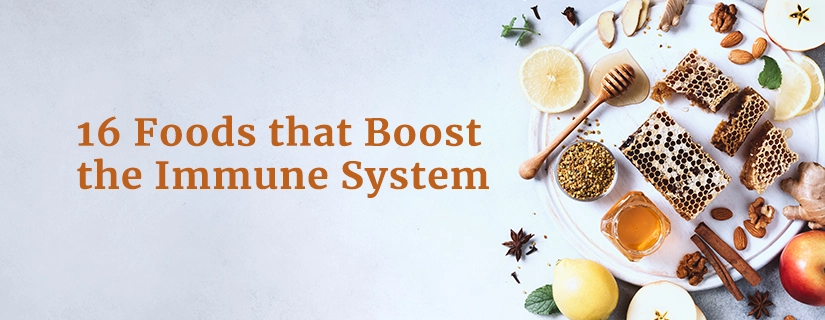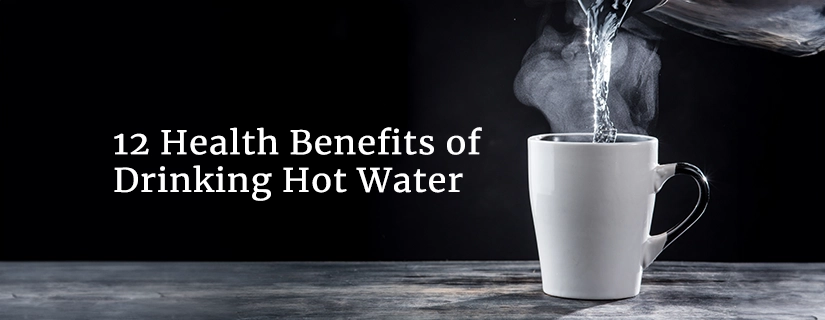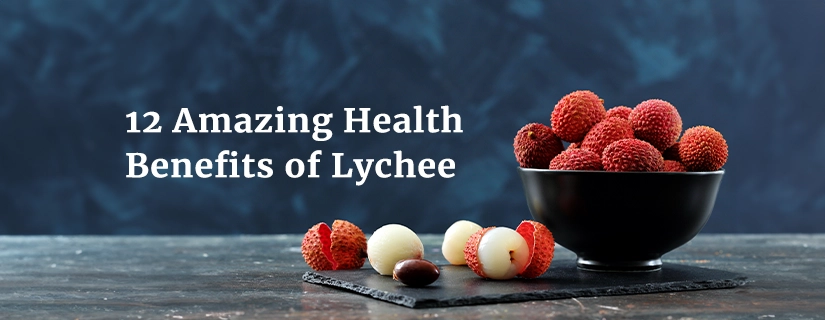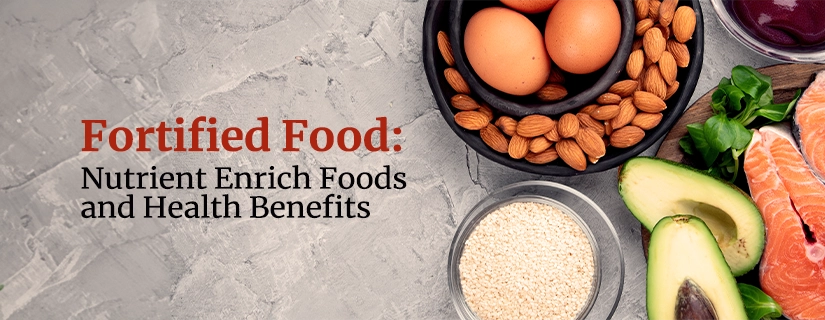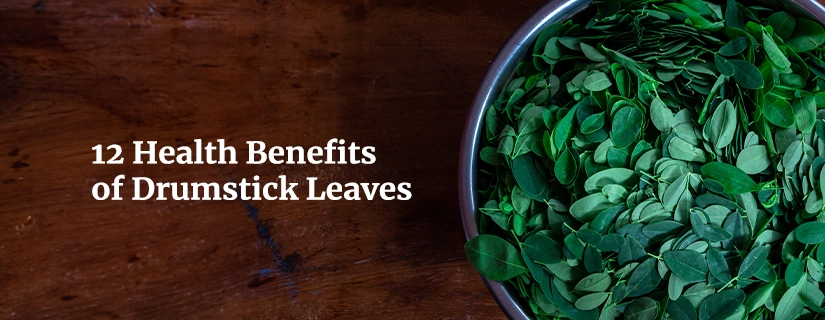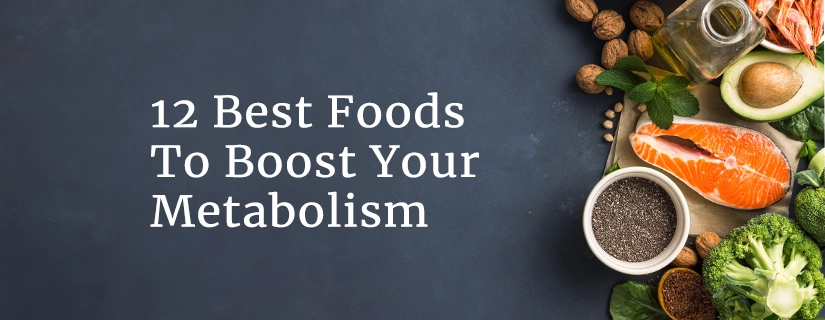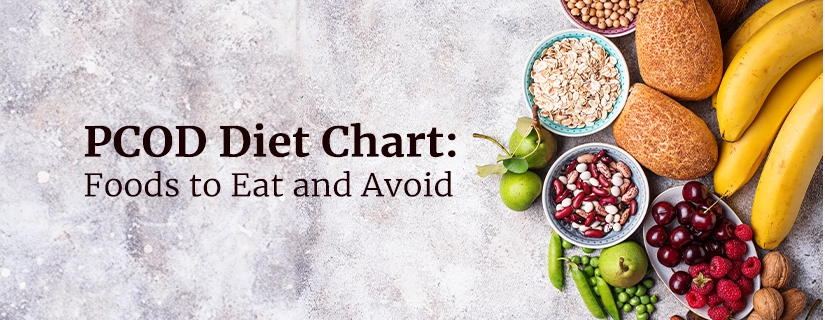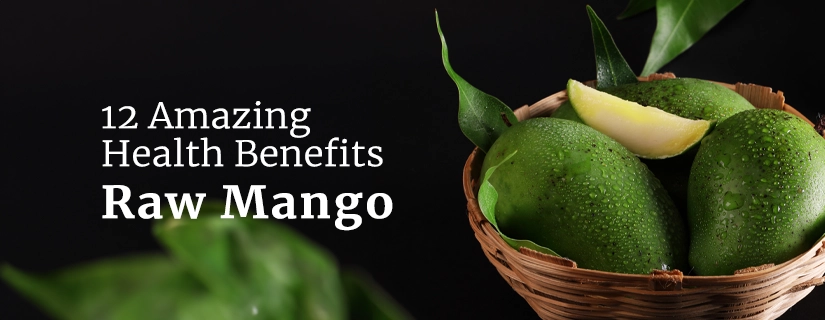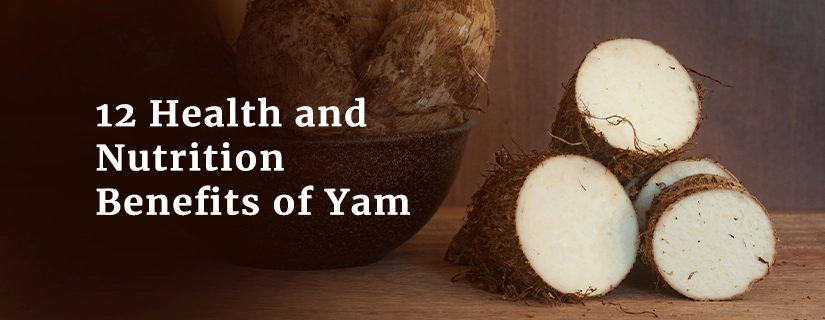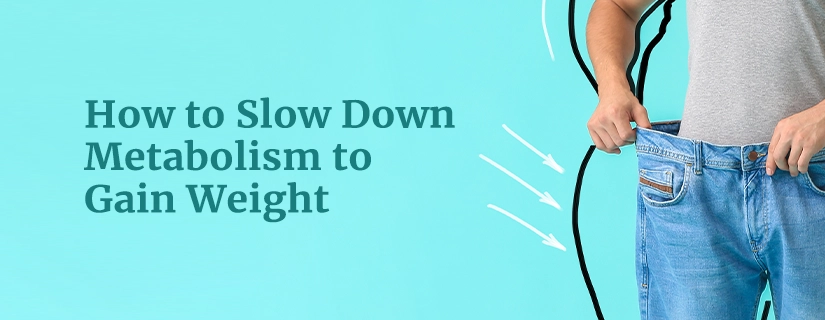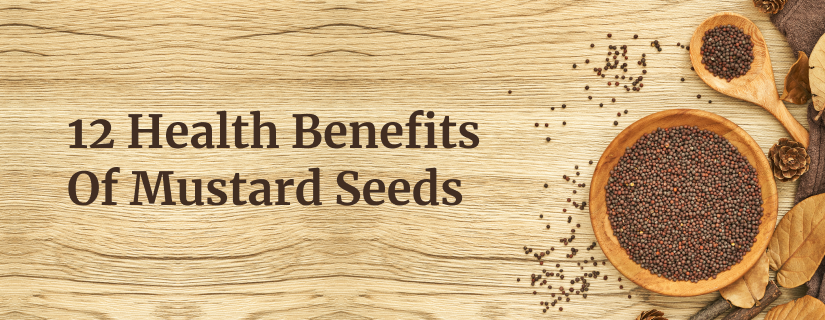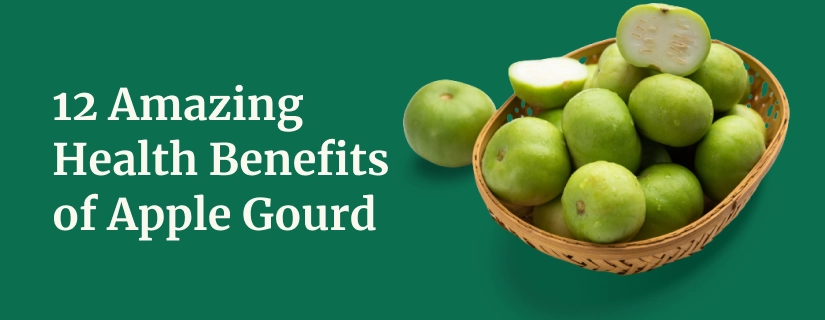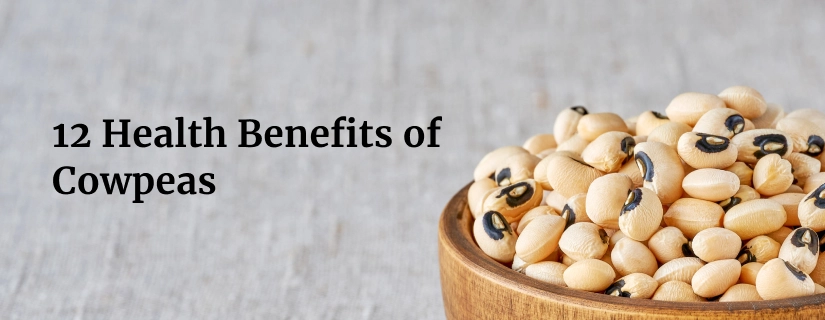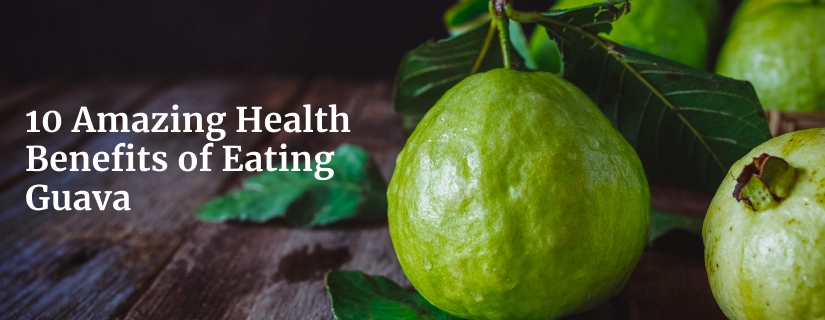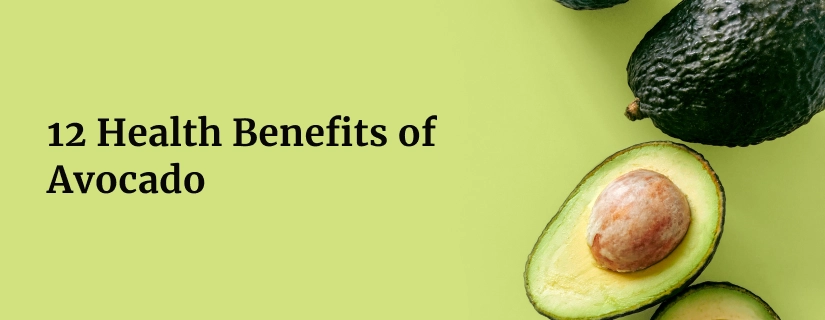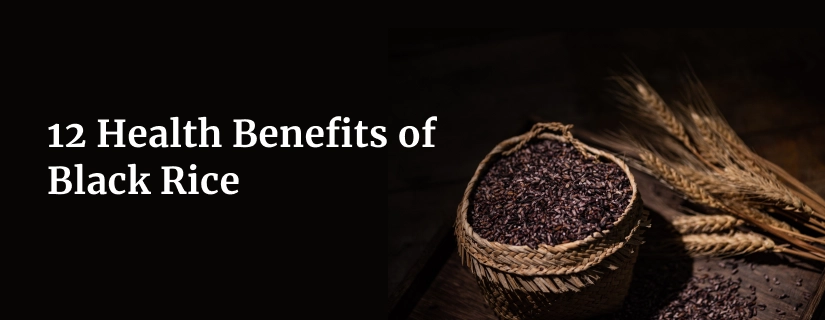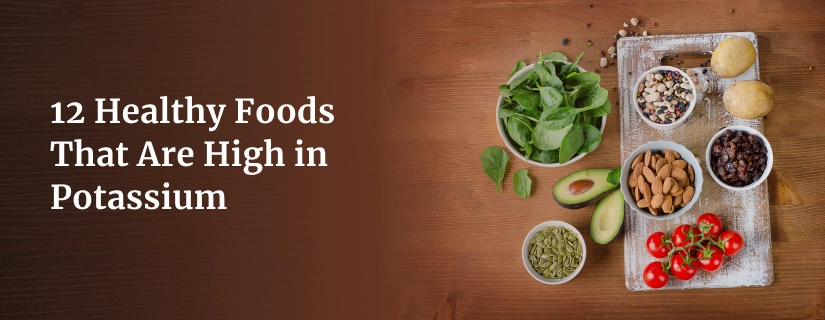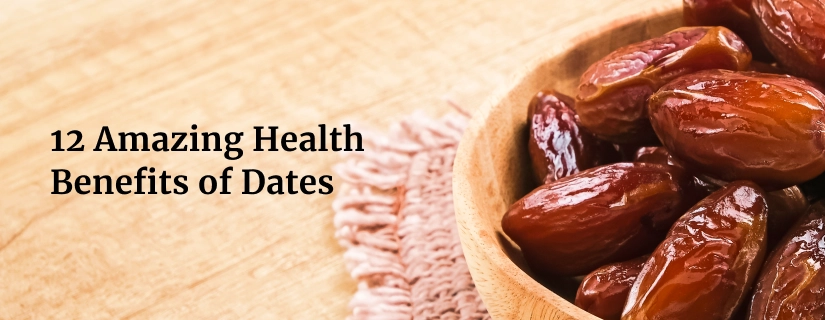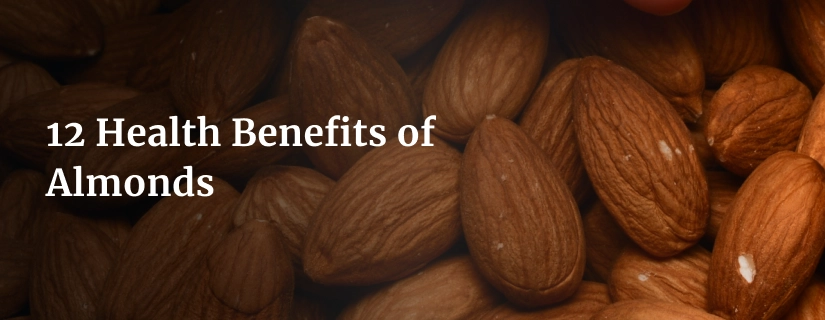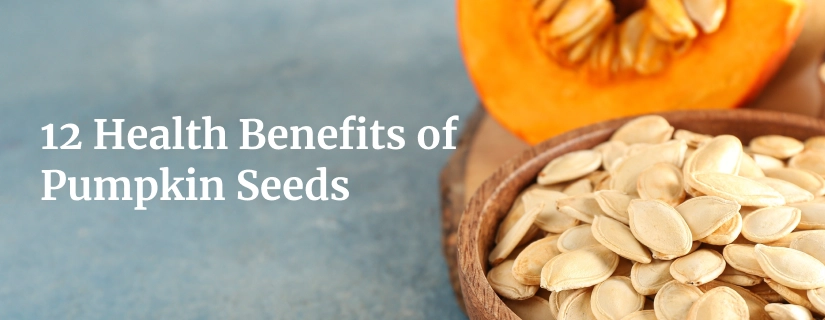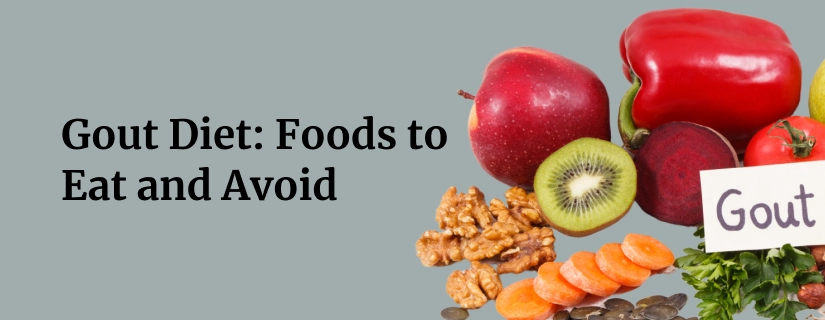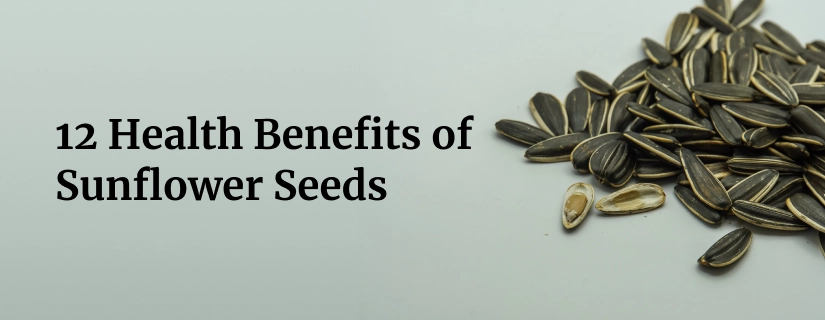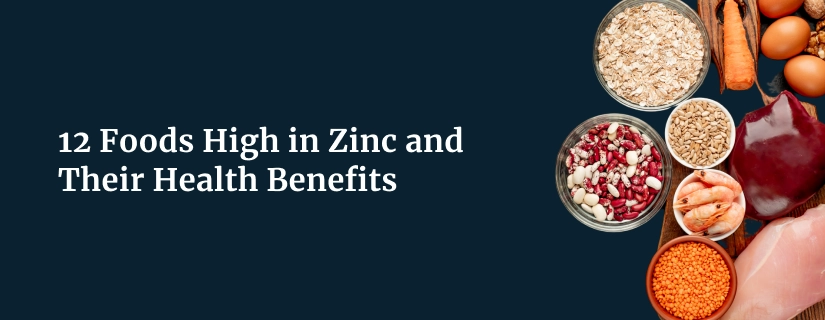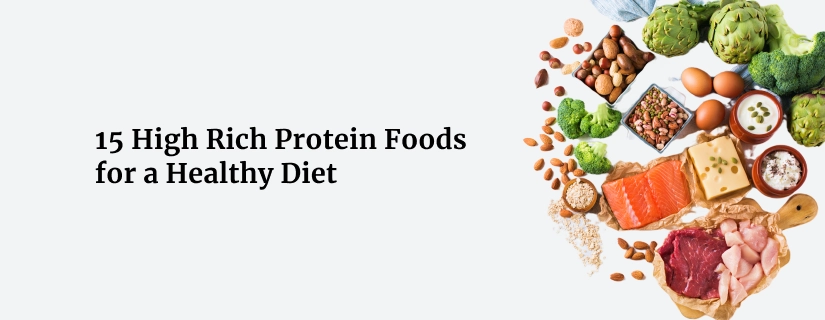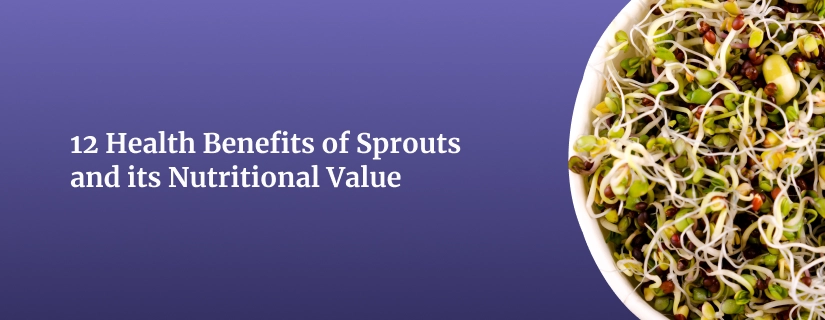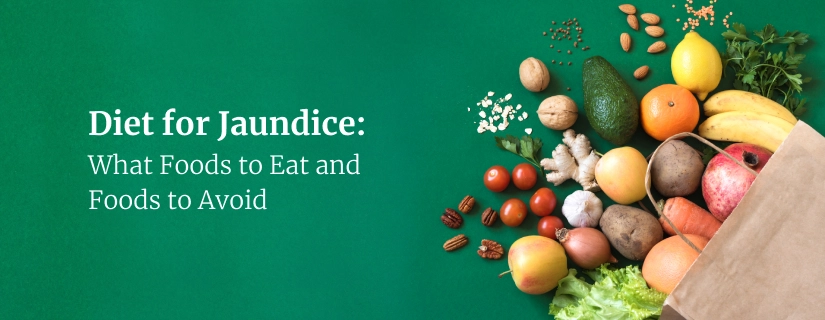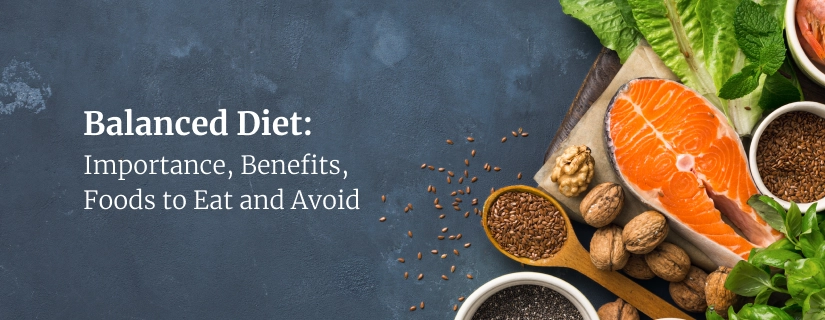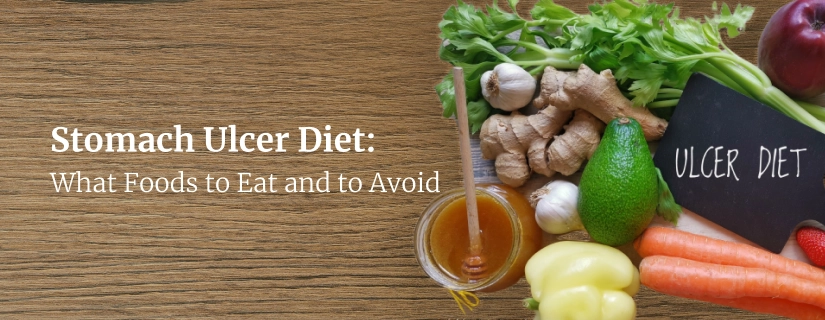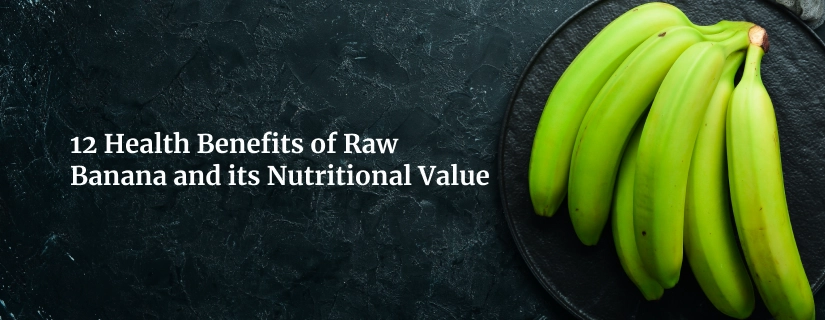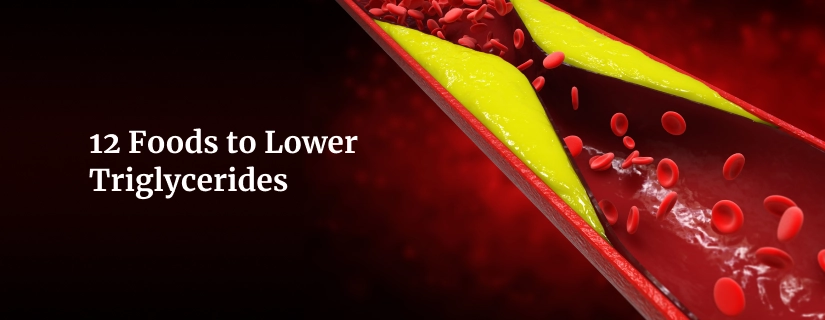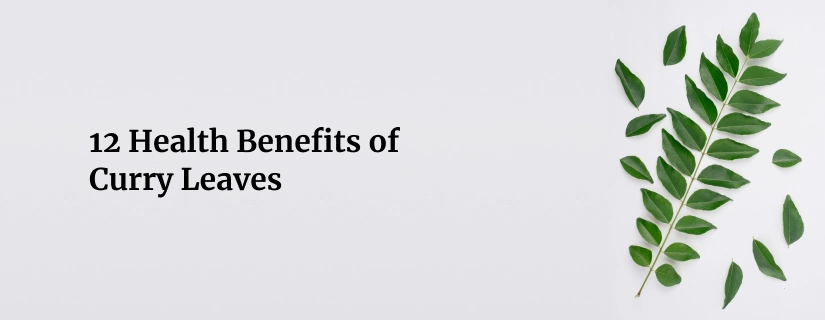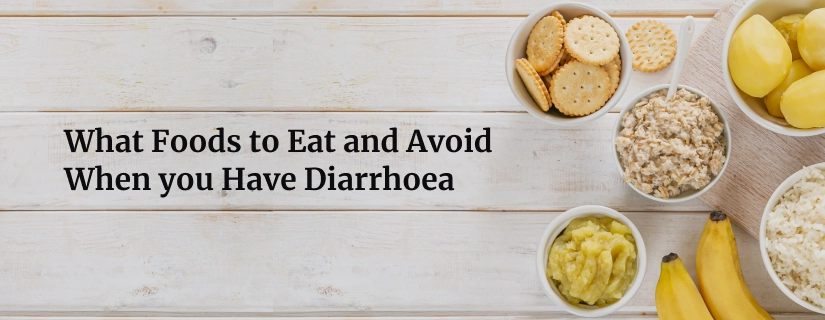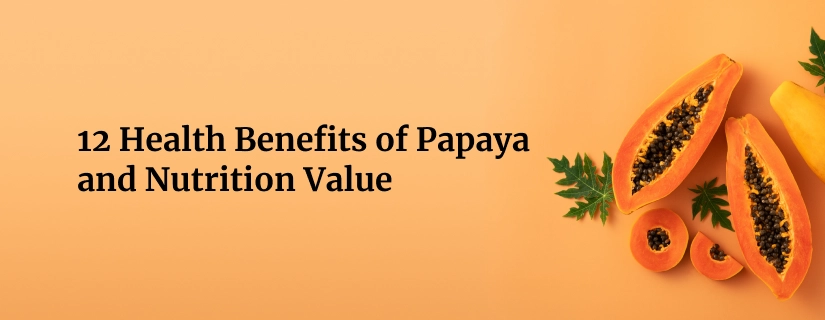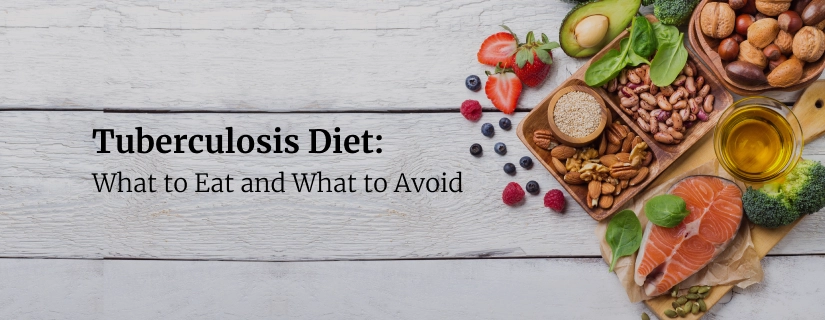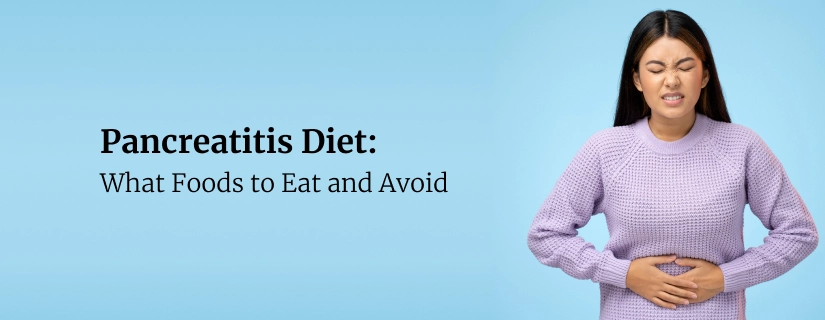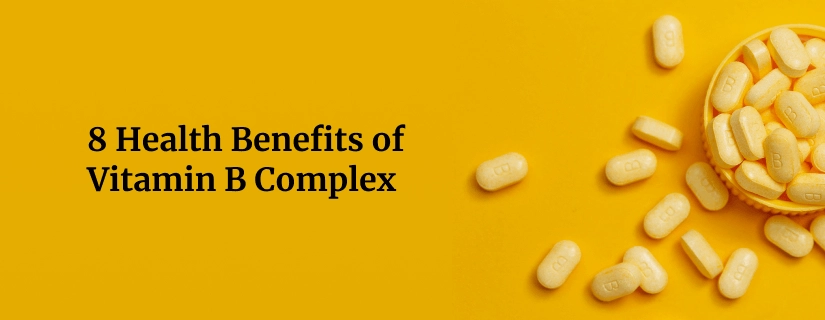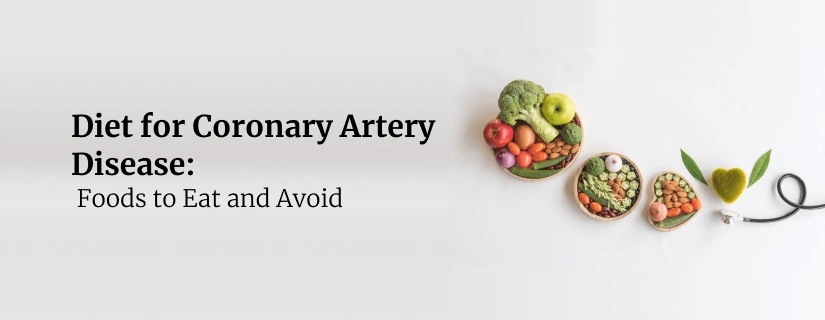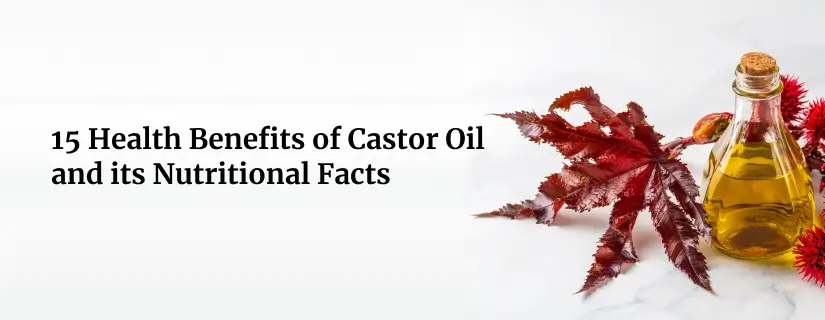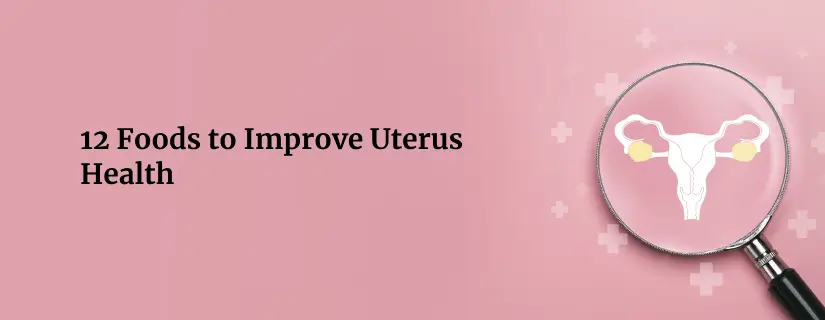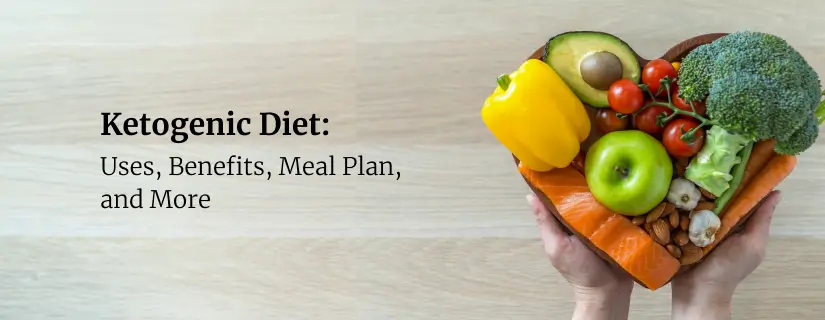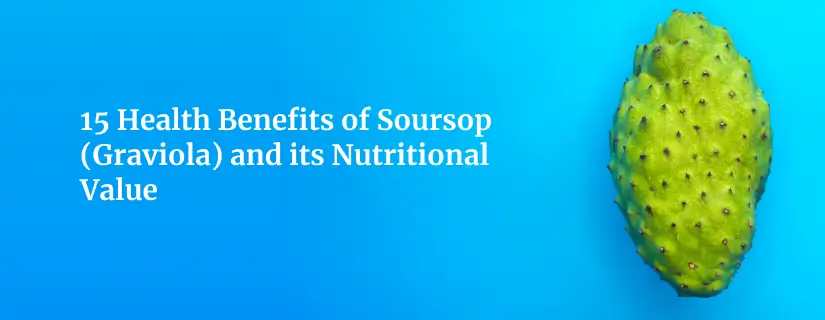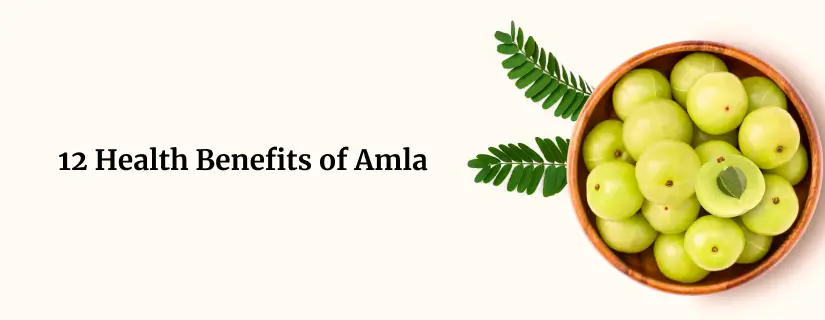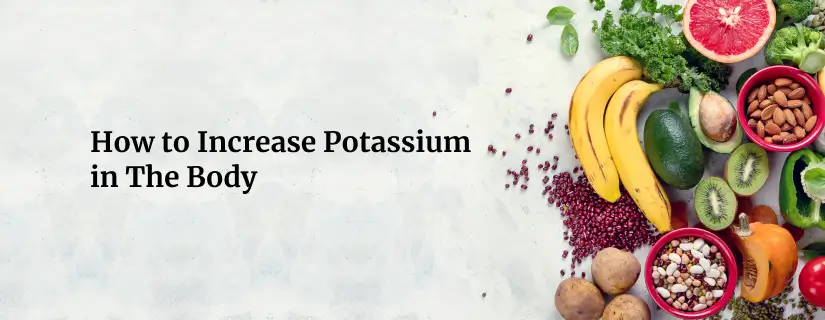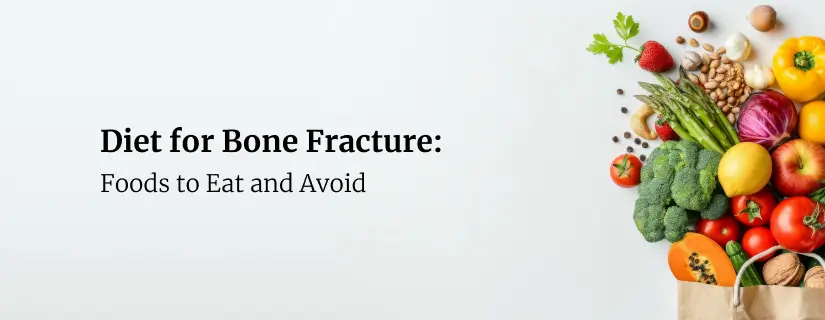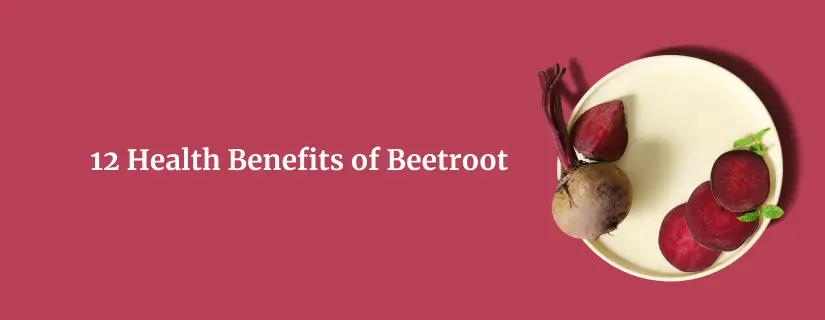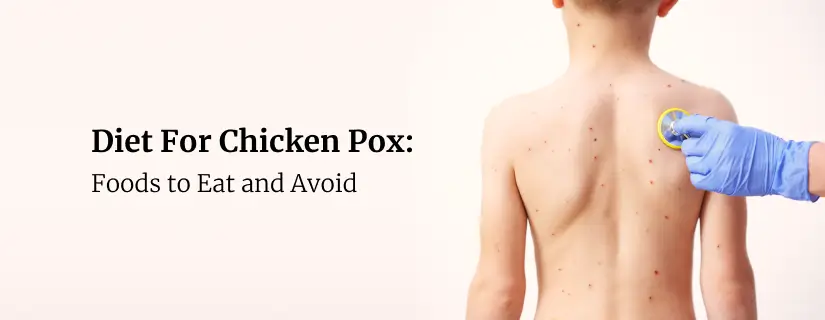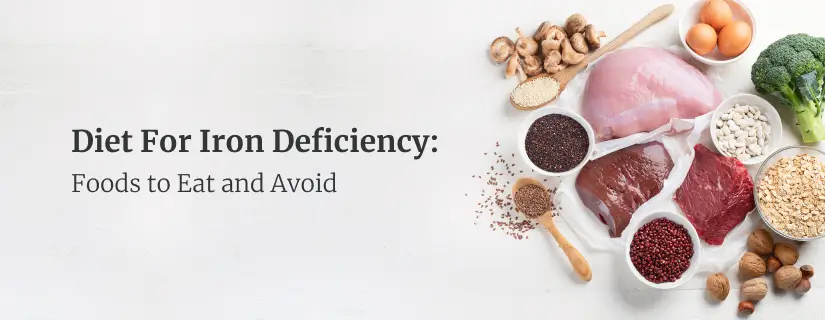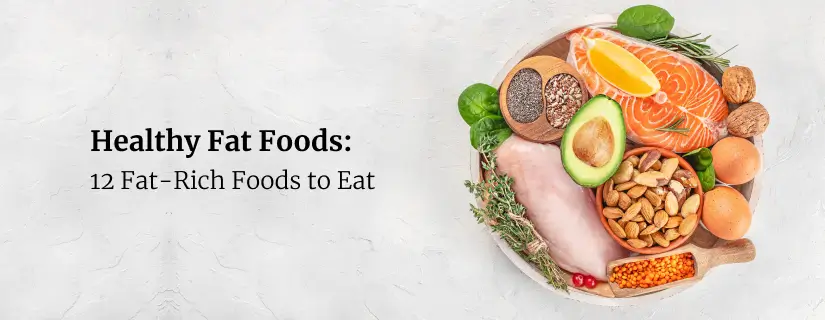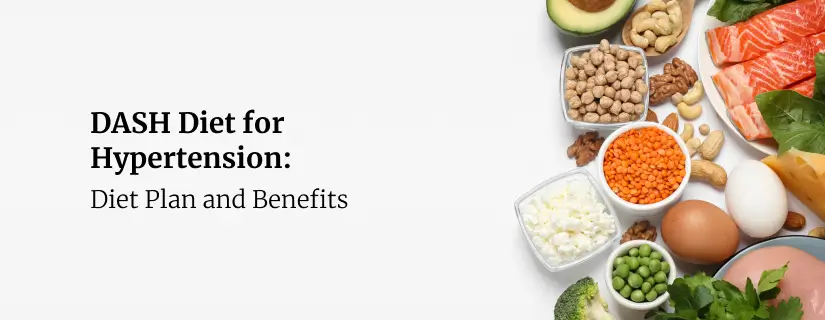-
Doctors
-
Specialities & Treatments
Centre of Excellence
Specialties
Treatments and Procedures
Hospitals & Directions HyderabadCARE Hospitals, Banjara Hills CARE Outpatient Centre, Banjara Hills CARE Hospitals, HITEC City CARE Hospitals, Nampally Gurunanak CARE Hospitals, Musheerabad CARE Hospitals Outpatient Centre, HITEC City CARE Hospitals, Malakpet
HyderabadCARE Hospitals, Banjara Hills CARE Outpatient Centre, Banjara Hills CARE Hospitals, HITEC City CARE Hospitals, Nampally Gurunanak CARE Hospitals, Musheerabad CARE Hospitals Outpatient Centre, HITEC City CARE Hospitals, Malakpet Raipur
Raipur
 Bhubaneswar
Bhubaneswar Visakhapatnam
Visakhapatnam
 Nagpur
Nagpur
 Indore
Indore
 Chh. Sambhajinagar
Chh. SambhajinagarClinics & Medical Centers
Book an AppointmentContact Us
Online Lab Reports
Book an Appointment
Consult Super-Specialist Doctors at CARE Hospitals
Vitamin B12 Deficiency: Symptoms, Prevention, and Treatment
Updated on 12 October 2022
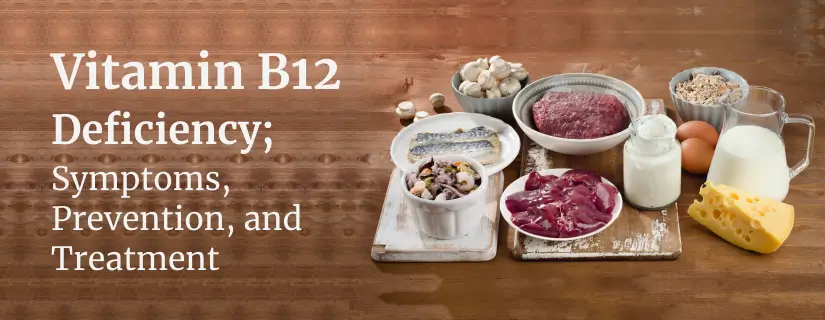
Table of Content
- How Much Vitamin B12 is Required by the Body?
- Foods Rich in Vitamin B12
- Signs of Vitamin B12 Deficiency
- Symptoms of Vitamin B12 Deficiency
- Causes of Vitamin B12 deficiency
- Treatment of Vitamin B12 Deficiency
- Prevention of Vitamin B12 Deficiency
- How is Vitamin B12 Deficiency Diagnosed?
- What Foods Should be Avoided in B12 Deficiency?
- Consequences of Vitamin B12 Deficiency
Vitamin B12 is one of the important ingredients required by our body. It helps in making DNA and Red Blood Cells in the body. It is interesting to note that our body doesn’t make Vitamin B12. We have to get it from animal foods and supplements. This should be done on a regular basis. Vitamin B12 is stored in the liver for five years and eventually becomes deficient because of the reduced intake in our regular diets. This article covers the common signs and symptoms of Vitamin B12 deficiency along with treatments and other key pointers.
How Much Vitamin B12 is Required by the Body?
The answer to this question depends upon several factors like age, medical conditions, eating habits, current intake of medications, etc. Here is an average recommendation of the amounts by age. Have a look!
|
Particulars |
Age |
Vitamin B12 Amounts (in micrograms/mcg) |
|
Infants |
Up to the age of 6 months |
0.4 |
|
Babies |
7-12 months |
0.5 |
|
Kids |
4-8 years |
1.2 |
|
Kids |
9-13 years |
1.8 |
|
Teens |
14-18 years |
2.8 |
|
Adults |
18+ years |
2.6-2.8 |
Follow up with this table to know the appropriate amount of B12 required by the body. Now, you must be thinking about what the foods are that one must eat in order to have an ample amount. So, let us have a look at it.
Foods Rich in Vitamin B12
As told earlier, Vitamin B12 can be found in animal foods. This nutrient can be extracted naturally and from items that have been fortified with it.
The animal sources include Dairy products, Eggs, Fish, Meat, and Poultry. One can also have supplements or shots if the foods aren’t sufficient enough.
Signs of Vitamin B12 Deficiency
It is interesting to note that with age, it becomes harder for the body to absorb this Vitamin B12. The deficiency of this vitamin can also happen if one has had weight loss surgery or other operation, wherein some part of the stomach was removed in case of drinking heavily.
Have a look at some signs of Vitamin B12 deficiency.
- One might develop Atrophic Gastritis, wherein the stomach lining has thinned.
- Development of Pernicious Anaemia that makes it hard for the body to absorb Vitamin B12.
- Development of conditions that affect the small intestine. The conditions include bacterial growth, celiac disease, parasitic infection, Crohn’s disease, etc.
- Heavily drinking makes it challenging for the body to absorb nutrients, thereby preventing you from eating enough calories.
- Immune system disorders like lupus.
- If you are taking several medications, then it might affect the absorption of B12.
Vitamin B12 deficiency can also be caused by following a strict vegan diet or if you are a vegetarian. Egg and dairy products are necessary to have an ample amount of Vitamin B12. Thus, it is important to have some fortified foods or add supplements to your diet to meet the everyday need for Vitamin B12 as good foods for good health can significantly impact your body.
After signs, let us now discuss the symptoms of Vitamin B12 deficiency.
Symptoms of Vitamin B12 Deficiency
Vitamin B12 deficiency means that a person is anaemic. A mild deficiency doesn’t cause any symptoms. But if the symptoms are not treated, then it might lead to the following vitamin B12 deficiency symptoms. Have a look!
- Weakness
- Tiredness
- Lightheadedness
- Heart palpitations
- Pale skin
- Smoothness on the tongue
- Constipation
- Reduced appetite
- Gas in the body
- Diarrhoea
- Muscle weakness
- Numbness
- Depression
- Behavioural changes
- Loss of vision
To overcome these signs and symptoms, it is essential to get treated. There are numerous ways of treating the deficiency. Have a look at how Vitamin B12 deficiency can be easily treated.
Causes of Vitamin B12 deficiency
Vitamin B12 deficiency occurs when there is insufficient intake of vitamin B12 through the diet, or when the body faces challenges in absorbing this vitamin effectively. Various situations or conditions that can lead to vitamin B12 deficiency include:
- Inadequate Dietary Intake: Insufficient consumption of foods rich in vitamin B12 or lacking fortified sources can result in vitamin B12 deficiency.
- Gastritis: Inflammation of the stomach lining, known as gastritis, is a common cause of vitamin B12 deficiency. This condition can hinder B12 absorption due to a deficiency of hydrochloric acid in the stomach.
- Pernicious Anemia: Pernicious anemia, a rare medical condition, prevents the production of intrinsic factor—a stomach protein necessary for the absorption of vitamin B12. Individuals with pernicious anemia experience a deficiency of B12 vitamin.
- Digestive Diseases: Disorders affecting the digestive system, such as Crohn’s disease and celiac disease, may obstruct the full absorption of vitamin B12 in the body.
- Surgery: Gastrointestinal surgeries, including procedures like gastric bypass for weight loss, can pose challenges in the absorption of vitamin B12.
- Alcohol Use Disorder: Excessive alcohol consumption can harm the digestive system, leading to vitamin B12 deficiency.
- Transcobalamin II Deficiency: A rare genetic disorder, transcobalamin II deficiency impairs the transportation of vitamin B12 (cobalamin) within the body.
Treatment of Vitamin B12 Deficiency
If you have trouble absorbing Vitamin B12, then you need shots and supplements of the B12 vitamin. One can continue taking these shots and supplements until he/she feels that there has been an ample amount of vitamins in the body.
If you don’t intake animal foods, then you can include Vitamin B12 fortified grains, injections, and supplements to cover up for the deficiency that you have.
Older people who suffer from B12 deficiency must take multivitamin supplements including B12 as well.
For most people, taking such supplements resolves the problem. But if you have any nerve damage due to the deficiency, then the damage could be permanent and cannot be treated with supplements or injections. There are some ways with which one can easily prevent vitamin B12 deficiency treatments.
So, let us now discuss it.
Prevention of Vitamin B12 Deficiency
Most people can easily prevent Vitamin B12 deficiency by consuming foods and drinks enriched with Vitamin B12. Here are some key points that might help you.
- Eat red meat, milk, fish, etc., that contain Vitamin B12.
- Having fortified foods that contain vitamins and nutrients. Fortified foods include breakfast cereals, nutrients, plant milk, bread, etc. Be sure to check the nutritional value.
- Having Multivitamins.
- Avoiding alcohol can also cover up the B12 deficiency. Alcohol abuse damages your digestive system, thereby making it difficult for the body to absorb Vitamin B12.
- If you have Crohn’s disease, then be sure to follow the instructions told by the doctor regarding B12.
How is Vitamin B12 Deficiency Diagnosed?
Vitamin B12 deficiency is diagnosed through a combination of clinical assessment, medical history, physical examination, and laboratory tests. Here's an overview of the process involved in diagnosing vitamin B12 deficiency:
-
Medical History and Symptoms: The healthcare provider will begin by conducting a thorough medical history interview, discussing any symptoms and risk factors associated with vitamin B12 deficiency. Common symptoms include fatigue, weakness, pale skin, shortness of breath, tingling or numbness in the hands and feet, difficulty in maintaining balance, and cognitive changes.
- Physical Examination: A physical examination may be performed to assess signs related to vitamin B12 deficiency. These can include pale skin, glossitis (inflamed tongue), jaundice (yellowing of the skin or eyes), and neurological abnormalities.
- Blood Tests:
a. Serum Vitamin B12 Levels: A blood test is typically conducted to measure the levels of vitamin B12 in the bloodstream. Low levels indicate potential deficiency.
b. Complete Blood Count (CBC): A CBC test helps assess red blood cell count, size, and morphology. Vitamin B12 deficiency often leads to anemia, and the CBC can reveal abnormal red blood cell characteristics.
c. Homocysteine and Methylmalonic Acid (MMA) Levels: Elevated levels of homocysteine and MMA in the blood can indicate vitamin B12 deficiency. These substances accumulate when B12 is insufficient, leading to potential nerve damage.
- Imaging and Further Testing: In certain situations, additional tests such as bone marrow examination or imaging studies (e.g., MRI) may be required to assess for underlying conditions or causes of B12 deficiency.
So, this is all the information regarding Vitamin B12 deficiency. The deficiency can show mild as well as severe symptoms. If not treated on time, it can lead to certain abnormalities in the body. Thus, if you have a vitamin B12 deficiency, then it is best to take care of your system and ask your doctor for shots, supplements, etc., to cover up for the deficiency. Please consult your dietician from the best nutrition hospital in India before choosing a diet.
What Foods Should be Avoided in B12 Deficiency?
In cases of vitamin B12 deficiency, it's not necessary to avoid specific foods entirely. However, reducing alcohol intake, moderating high-fiber foods, managing acid reflux medications, and limiting excessive coffee or tea consumption may aid in supporting B12 absorption and utilization. Prioritizing foods rich in vitamin B12 and seeking medical guidance for supplementation is key in managing B12 deficiency.
Consequences of Vitamin B12 Deficiency
Vitamin B12 deficiency can lead to various consequences and health complications:
- Deficiency in vitamin B12 can cause anaemia leading to fatigue, weakness, and pale or jaundiced skin.
- Long-term B12 deficiency can cause nerve damage, resulting in symptoms such as tingling or numbness in the hands and feet, difficulty walking, balance issues, memory loss, confusion, and even mood swings.
- It can also affect the digestive system, causing symptoms such as loss of appetite, constipation, diarrhoea, or a smooth tongue.
- B12 deficiency might increase the risk of cardiovascular problems also.
- B12 deficiency can increase the risk of pregnancy complications causing defects in the foetus and other developmental issues.
- B12 levels may impact bone health and increase the risk of osteoporosis, particularly in older adults.
- Severe deficiency can lead to depression, dementia, or even psychosis in extreme cases.
It's important to note that while a deficiency in vitamin B12 can cause these complications, they may not necessarily occur in every individual and can vary in severity. If someone suspects a B12 deficiency, seeking medical advice and proper diagnosis is crucial to prevent or manage these potential consequences through appropriate supplementation or dietary changes.
Ms. Vidhya Sri
Sr. Clinical Consultant Dietician
CARE Hospitals, HITEC City

ENQUIRY FORM
SELECT CATEGORIES
-
Neurosciences (16)
-
Neurology (38)
-
Neurosurgery (14)
-
Orthopaedics (48)
-
Oncology (33)
-
Obstetrics and gynecology (52)
-
Pulmonology (23)
-
Urology (20)
-
Nephrology (13)
-
Psychiatry (7)
-
Dietetics and Nutrition (111)
-
General Medicine (63)
-
Cardiac Sciences (32)
-
Vascular & Endovascular Surgery and Interventional Radiology (15)
-
Gastroenterology (46)
-
Endocrinology (23)
-
Plastic Surgery (10)
-
Critical Care Medicine (5)
-
COVID-19 (16)
-
Dermatology (16)
-
Emergency Care (1)
-
Ophthalmology (4)
-
Pediatrics (14)
-
Laparoscopic and Bariatric Surgery (8)
-
ENT (15)
-
Kidney Transplant (1)
-
Liver Transplantation and Hepatobiliary Surgery (5)
-
General Surgery (3)
-
Internal Medicine (5)
-
Medicine Information
7 Most Common Nutrient Deficiencies and How to Prevent
What is the Healthy Diet for Children?
YOU MAY ALSO LIKE
RECENT BLOGS
-

Rotablation Angioplasty: Benefits, Treatments, And Recovery Time
6 February 2026
Read More
-

What Is The Difference Between IUI and IVF?
6 February 2026
Read More
-
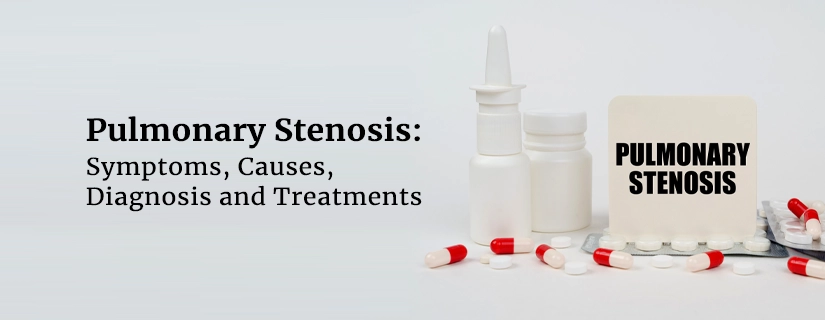
Pulmonary Stenosis: Symptoms, Causes, Diagnosis and Treatments
6 February 2026
Read More
-
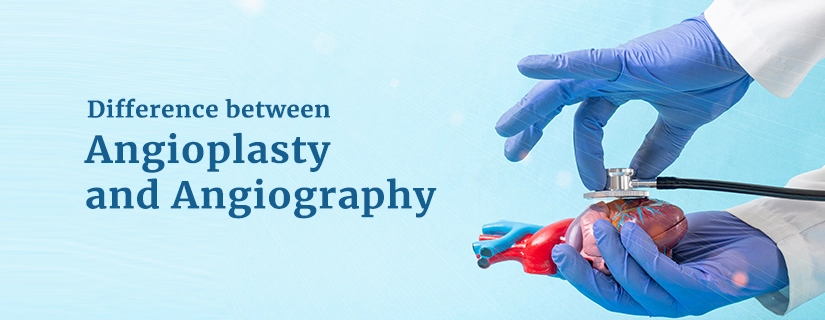
Difference between Angioplasty and Angiography
6 February 2026
Read More
-
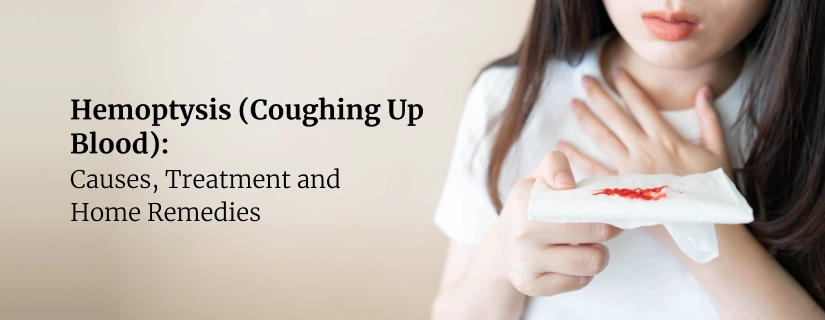
Hemoptysis (Coughing Up Blood): Causes, Treatment and Home Remedies
2 February 2026
Read More
-
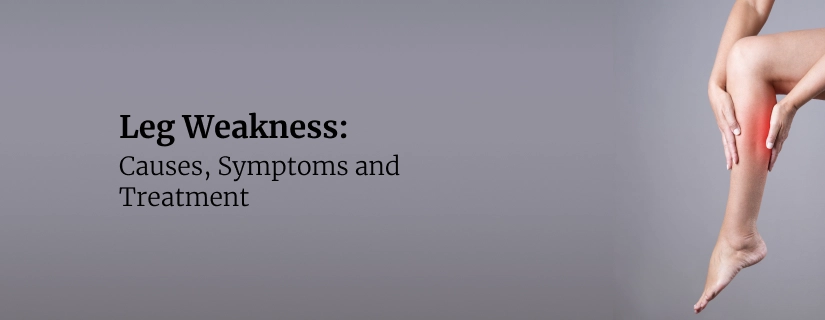
Leg Weakness: Causes, Symptoms and Treatment
9 January 2026
Read More
-

Back Pain After C-Section: Causes and Home Remedies
9 January 2026
Read More
-

Belly Button Pain (Periumbilical Pain): Causes, Treatment and When to See a Doctor
9 January 2026
Read More
Have a Question?
If you cannot find answers to your queries, please fill out the enquiry form or call the number below. We will contact you shortly.




